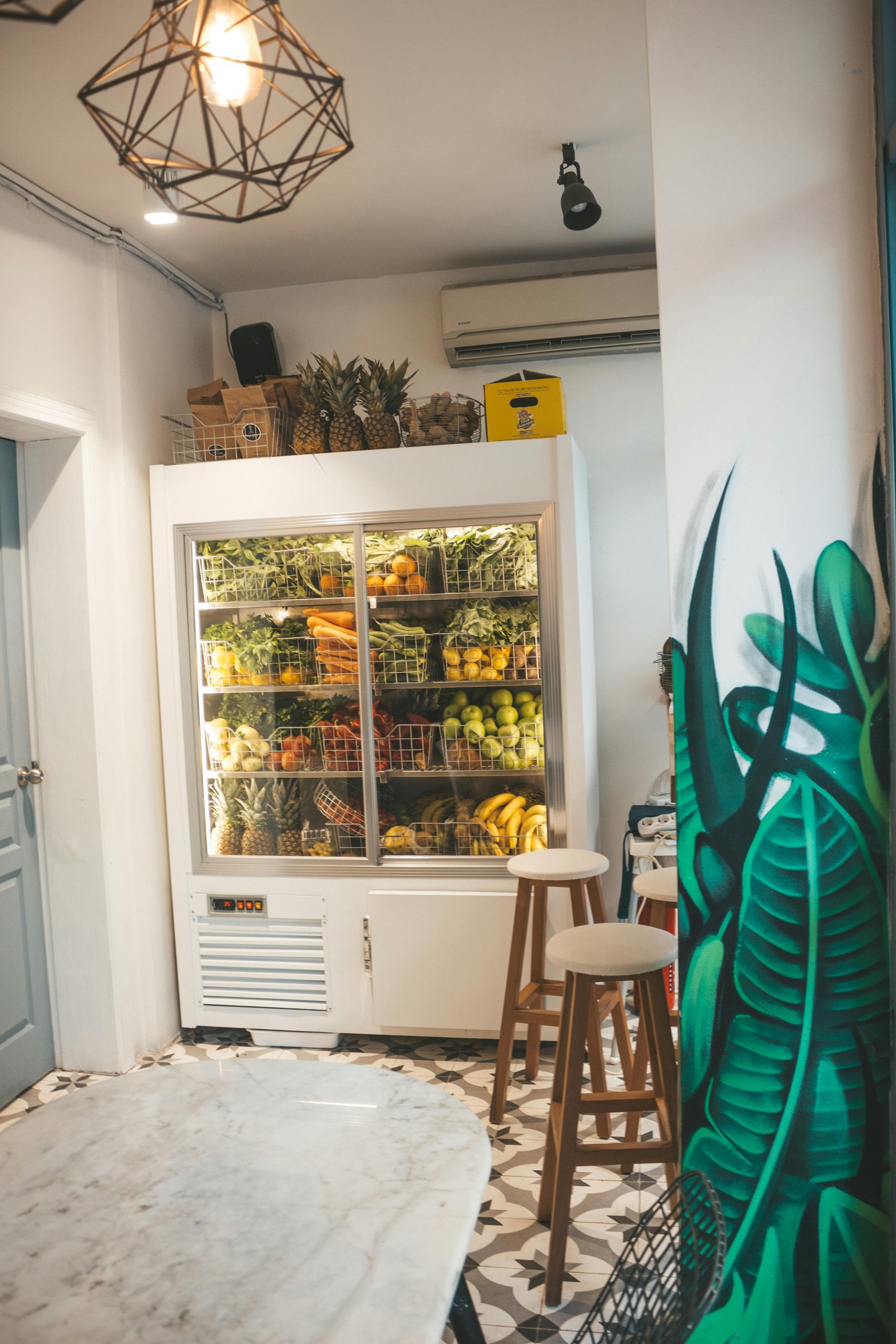Opening a pantry door to reveal shelves overflowing with cans, boxes, and bags can evoke different feelings – perhaps a sense of security, abundance, or maybe even slight overwhelm. While a well-stocked pantry is practical, having *too much* food – more than can be reasonably used before expiring, leading to clutter and potential waste – might sometimes reflect deeper underlying motivations or personality traits. It’s important to approach this topic without judgment, as pantry habits are complex, but exploring the potential connections can offer interesting self-insights. Let’s delve into what an excessively stocked pantry *might* suggest about the person who curates it.

Image Source: Pexels
A Need for Security and Preparedness
For many, an overflowing pantry stems from a deep-seated need for security and a desire to be prepared for any eventuality – be it a storm, job loss, or simply running out of a needed ingredient mid-recipe. This desire for preparedness can provide comfort and reduce anxiety about potential future scarcity or disruption. Having backups, and backups for the backups, creates a tangible sense of safety and self-reliance. This trait might be especially pronounced in individuals who value stability or have experienced instability in the past.
Echoes of a Scarcity Mindset
Growing up in an environment where food was scarce or having lived through periods of financial hardship can instill a lasting “scarcity mindset.” This mindset can drive individuals to hoard or overbuy food when resources are available as a subconscious protection against future lack. Even if financially stable now, the fear of returning to scarcity can lead to accumulating far more than needed. The overstocked pantry becomes a symbolic buffer against past deprivations, representing security and abundance never taken for granted.
The Thrill of the Bargain Hunt
Some individuals simply love the thrill of finding a good deal. Couponing, chasing sales, and stocking up when items are deeply discounted can become a rewarding hobby. The satisfaction derived from “scoring” a bargain can lead to purchasing items in large quantities, regardless of immediate need, filling the pantry with sale finds. While financially savvy in moderation, an extreme focus on bargain hunting can result in an overwhelming accumulation of items bought more for the deal than for practical consumption.
Challenges with Planning and Organization
Sometimes, an overstuffed pantry isn’t driven by deep psychological needs but rather by practical challenges with meal planning and organization. Difficulty keeping track of existing inventory, forgetting what’s already on hand while shopping, or buying ingredients for ambitious recipes that never materialize can lead to duplicates and unused items piling up. A lack of a consistent system for using older items first (“first in, first out”) can exacerbate the problem, resulting in expired goods hidden at the back of cluttered shelves.
A Desire for Control in an Unpredictable World

Image Source: Pexels
In a world that often feels chaotic and unpredictable, controlling one’s immediate environment can be a coping mechanism. Curating and maintaining a pantry filled with provisions offers a tangible sense of order and control. The act of organizing, stocking, and knowing exactly what is on hand can provide a comforting sense of mastery and predictability when external circumstances feel overwhelming or uncertain. The pantry becomes a small, manageable domain.
Expressing Care Through Provisioning
For some, a well-stocked pantry is an expression of care, hospitality, and nurturing. Having a wide array of ingredients on hand means being able to whip up a meal for unexpected guests, cater to diverse tastes, or provide comfort food at a moment’s notice. Ensuring there is always “plenty” is a way of showing love and readiness to provide for family and friends. The abundance reflects a generous spirit and a role as a provider.
More Than Just Cans and Boxes
The state of our pantry can be a surprisingly complex reflection of our past experiences, current anxieties, practical habits, and core values. Whether driven by a need for security or a desire to nurture, an overflowing pantry tells a story. Recognizing these potential underlying motivations isn’t about judgment but understanding. It can help in finding a healthier balance between practical preparedness and excessive accumulation. This ensures our pantries serve our needs without becoming sources of stress, waste, or clutter.
Do any of these motivations resonate with your pantry habits? What do you think your pantry says about you? Share your thoughts and reflections in the comments below!
Read More
Why the Middle Aisles of Grocery Stores Are Designed to Make You Spend More
Why Costco’s Membership Model Is So Powerful (And How It Hooks You In)


